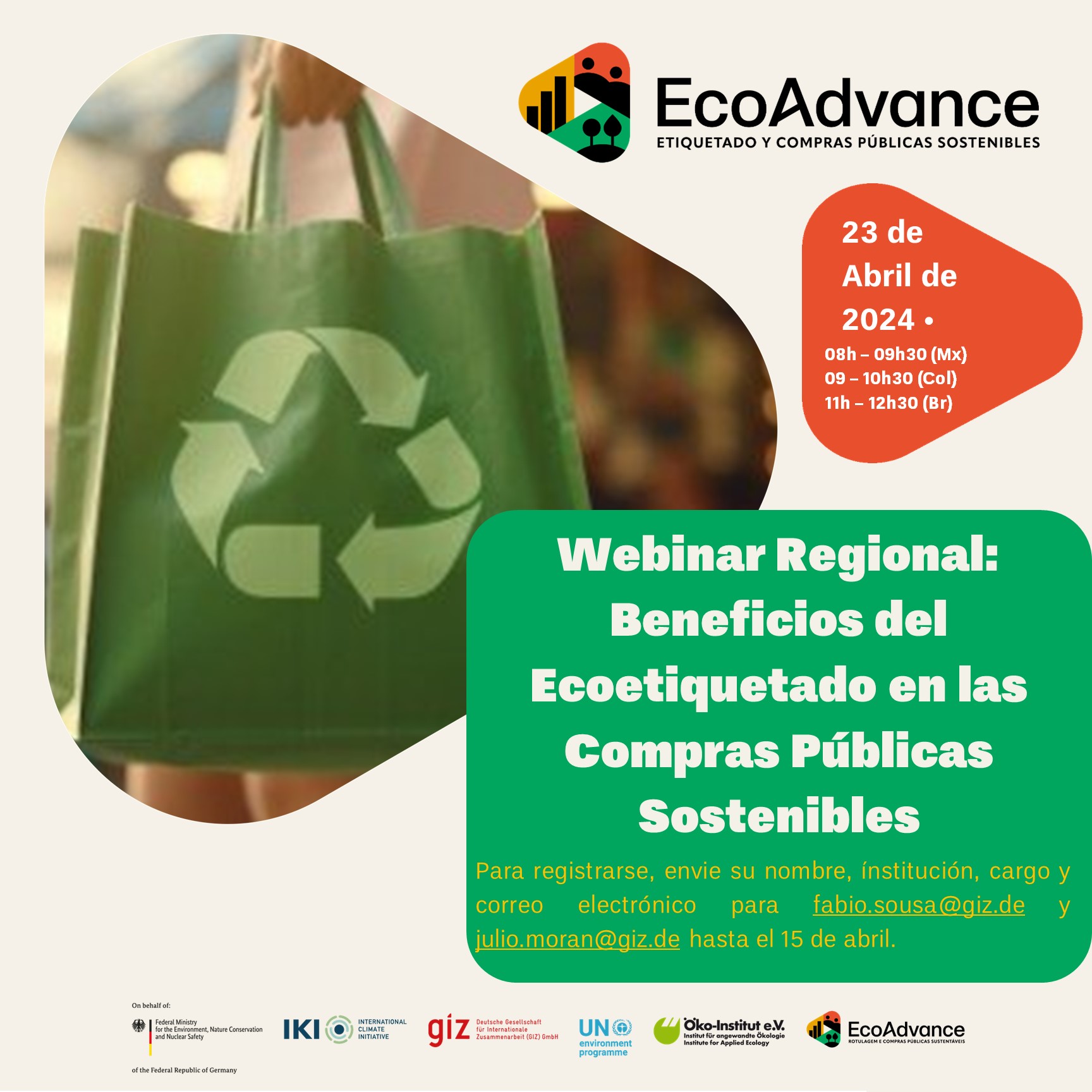Jean Monnet Research Partnership
This new EU funded project lead by RMIT University under the Jean Monnet research partnerships will examine the role of the EU’s Smart Specialisation in linking scientific and social innovation, and how this can deliver global action to address societal challenges. Smart Specialisation is a direct outcome of European integration and the EU’s economic, social and environmental agenda for a future Europe. It links closely with the EU’s commitments to the UN Sustainable Development Goals (SDGs).
This new EU funded project lead by RMIT University under the Jean Monnet research partnerships will examine the role of the EU’s Smart Specialisation in linking scientific and social innovation, and how this can deliver global action to address societal challenges. Smart Specialisation is a direct outcome of European integration and the EU’s economic, social and environmental agenda for a future Europe. It links closely with the EU’s commitments to the UN Sustainable Development Goals (SDGs). The core question for the Network is: how has European integration enabled deep understanding of how regional innovation can deliver action on societal challenges in Europe and across the globe? The Network’s outputs will be materials directed at communication; policy briefings to assist decision-making; and specific learning activities for young researchers. Its major outcomes will be achieved through direct engagement with policy makers, young researchers and other scholars. The Network will examine the role of the EU’s Smart Specialisation in linking scientific and social innovation, and how this can deliver global action to address societal challenges. Smart Specialisation is a direct outcome of European integration and the EU’s economic, social and environmental agenda for a future Europe. It links closely with the EU’s commitments to the UN Sustainable Development Goals (SDGs). The core question for the Network is: how has European integration enabled deep understanding of how regional innovation can deliver action on societal challenges in Europe and across the globe?
Experience over the past five years in implementing S3 in EU regions has demonstrated that science and technology innovation can address societal challenges in regions. Yet the EU has also experienced the limitations of STI and recognised the importance of socio-ecological innovation.
The Network will address these issues by:
1. Aligning key researchers to produce a consolidated overview and analysis of the EU’s learning about place-based innovation and its relevance to addressing societal challenges;
2. Consolidating knowledge to assess the relative importance of STI and socio-ecological innovation, thus informing policy and program development;
3. Enhancing linkages amongst researchers and policymakers; and
4. Developing open-access resources for teaching about the EU’s global role in promoting innovation.
The Network includes early and mid-career researchers. Specific activities will engage postgraduate and ECRs. Hence, the Network will help develop a new generation of EU scholars who could speak authoritatively about the EU’s global role in addressing societal challenges.
The Network’s outputs will be materials directed at communication; policy briefings to assist decision-making; and specific learning activities for young researchers. Its major outcomes will be achieved through direct engagement with policy makers, young researchers and other scholars.
Please contact Priyanka Erasmus, Project Coordinator OPN SBC Programme at priyanka.erasmus@rmit.edu.au
Image

RMIT University
Project start date
01/01/2021
Project end date
31/12/2023


